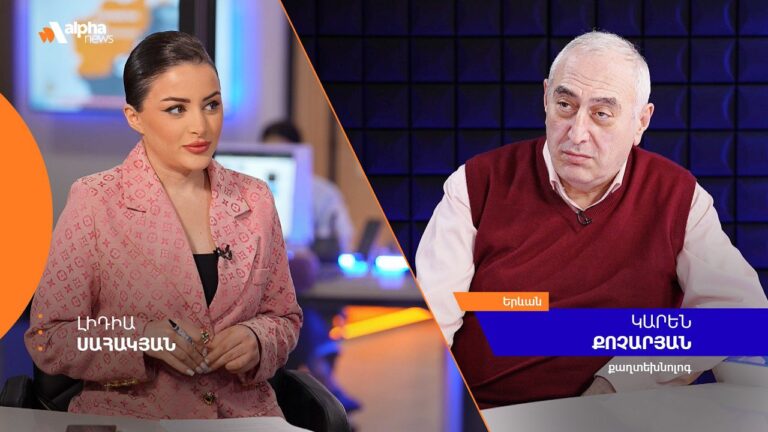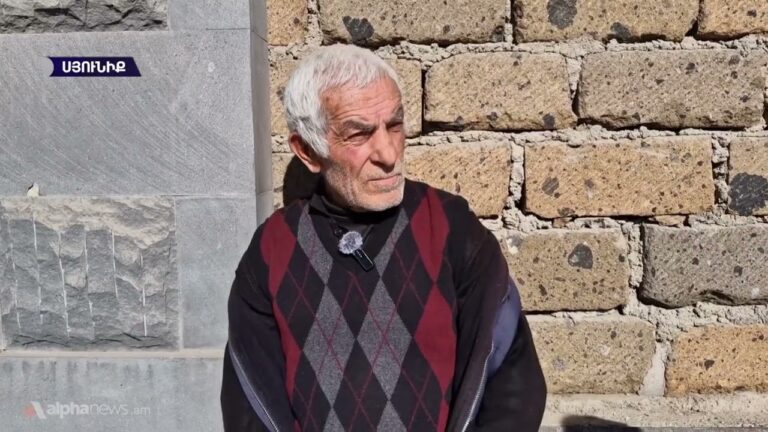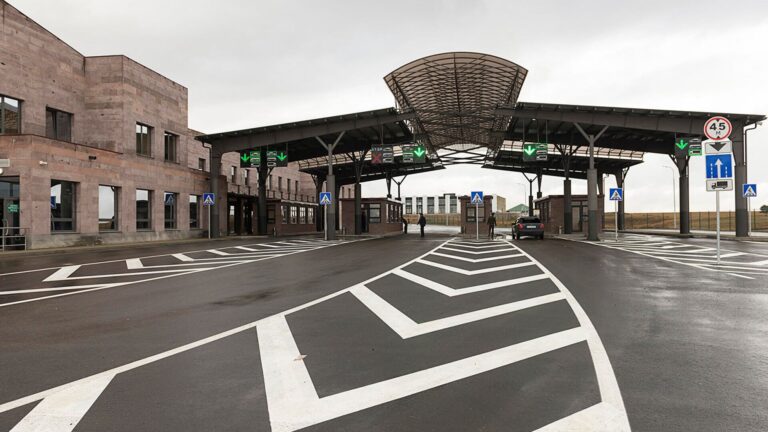Artsakh agenda is to preserve statehood
September 07 2023, 22:00
The political crisis in Artsakh began on November 10, 2020. It was obvious back then that both Armenia and Artsakh needed political upgrade so that the outgoing symbols of defeat would leave with their “oral agreements.” However, the development of events followed a completely different scenario, as a result of which, almost 3 years after the end of the 44-day war, it can be recorded that in addition to defeat on the battlefield, the Armenian side also suffered a crushing defeat in the diplomatic arena:
1. Artsakh is recognized as part of Azerbaijan;
2. Artsakh is under total blockade;
3. Residents of Artsakh are being arrested at the Azerbaijani checkpoint in the Lachin corridor;
4. Decisions of the International Criminal Court do not force Azerbaijan to unblock the Lachin corridor;
These events were met with total silence from the authorities of Artsakh. Harutyunyan, as the President of the Republic of Artsakh, had never given a full political assessment of the actions of the RA leadership. The only time when Harutyunyan spoke “slight hints” about the reasons for the blockade of the Lachin corridor was during his last interview with Artsakh public television, when he said that the reason for the blockade was not only “the recognition of Artsakh as part of Azerbaijan in Prague in 2022”, but also the failure to fulfill the agreements of November 9 regarding the unblocking of communications. However, the process did not go beyond the “yellow card to Pashinyan.”
The situation continued to worsen and on August 28, with three residents of Artsakh being arrested at the Azerbaijani checkpoint.
On the day of the incident, a crowded rally was held in the Artsakh capital near the Parliament building. Arayik Harutyunyan’s appearance to those gathered was accompanied by exclamations from the crowd that no one believed Harutyunyan anymore, which clearly demonstrated that he should not delay his resignation. This may lead to a real social explosion.
Already on August 31, it became known that Harutyunyan was not only resigning, but also dismissing State Minister Gurgen Nersisyan, appointing Samvel Shahramanyan to this post.
On September 6, it became known that three opposition factions of the National Assembly of Artsakh – Justice, ARF-D and the Democratic Party of Artsakh – nominated Minister of State Shahramanyan as a presidential candidate. Later, Shakhramanyan’s candidacy was also supported by the Free Motherland faction. Thus, Shahramanyan became the only candidate of the opposition and the authorities.
The step is very symbolic, demonstrating that all forces in Artsakh are ready to cooperate to overcome the political crisis. Yes, the crisis is political, since the blockade and its humanitarian difficulties are manifestations of a political crisis.
It is also known that a number of political forces, including openly anti-Russian ones, as well as individual politicians do not agree with this decision and are even ready to express their dissatisfaction with protests, however, in this case, we have to express the hope that the preservation of Artsakh statehood will be a top priority of any political force. The mission of any political party and individual figure should be to ensure that Arayik Harutyunyan does not remain the last president of Artsakh.
At the same time, it’s worth noting that any figure who will lead Artsakh after Harutyunyan will have to face a number of challenges that will have to be resolved promptly and almost simultaneously:
1. Mitigating the humanitarian crisis through more efficient redistribution of resources;
2. Defining a clear negotiation agenda with Azerbaijan;
3. Building trusting, predictable and effective relations with the Russian military contingent in Artsakh;
4. Contributing to the implementation of the points of the document of November 9, 2020.
The new leadership of Artsakh no longer has a “limit for mistakes”, and cannot afford to repeat the path of Arayik Harutyunyan – promising one thing in Moscow and implementing another on the ground, or seeing and understanding that Yerevan is deviating from its obligations under the November 9 document and not even express concern about it.







